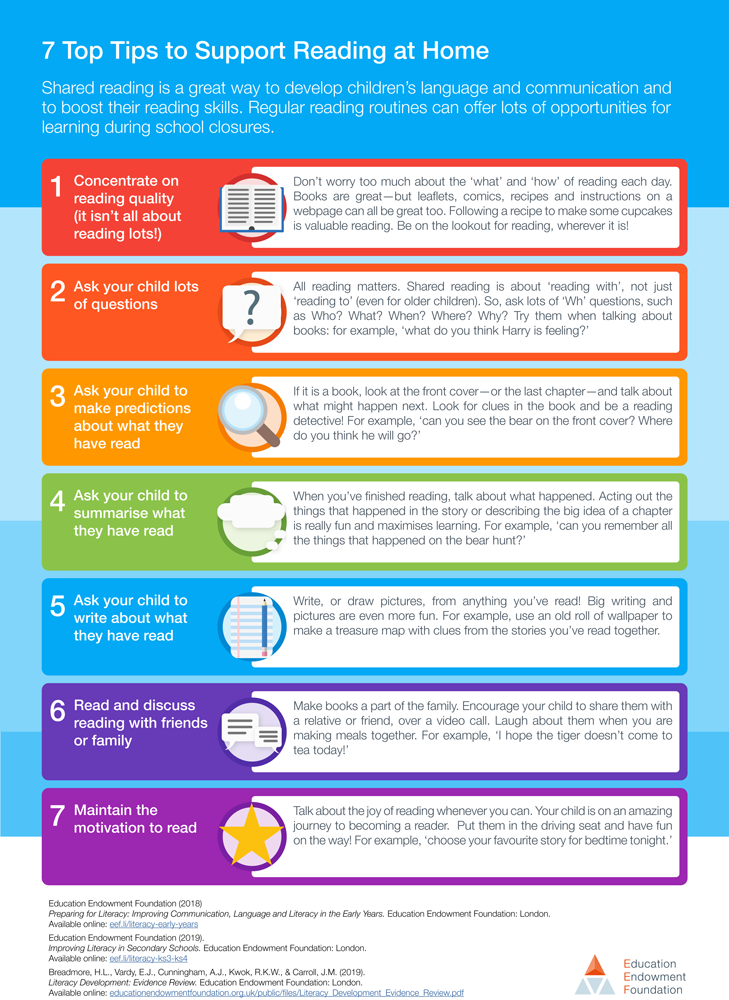English
Primary National Curriculum - English
Curriculum Map - English Class 2
Curriculum Map - English Class 3
Curriculum Map - English Class 4
HandwritingPolicy January 2025
Vision
English has a pre-eminent place in education and in society. At Levens CE School our high-quality education in English teaches pupils to speak and write fluently so that they can communicate their ideas and emotions to others and through their reading and listening, others can communicate with them.
Through reading in particular, our pupils have a chance to develop culturally, emotionally, intellectually, socially and spiritually. Literature, especially, plays a key role in such development. Reading also enables pupils both to acquire knowledge and to build on what they already know. We believe, the skills of language are essential to participating fully as a member of society; empowering pupils to speak, read and write fluently allows them to benefit from what has come before, to be heard and to contribute.
Spoken Language
At Levens CE School, we recognise the importance of spoken language in pupils’ development across the whole curriculum – cognitively, socially and linguistically. The quality and variety of language that pupils hear and speak are vital for our pupils in developing their vocabulary and grammar and their understanding for reading and writing.
All pupils at Levens are be enabled to participate in and gain knowledge, skills and understanding associated with the artistic practice of drama.
Reading
Developing a love of reading and an appreciation of books is at the heart of our curriculum at Levens CE School. High-quality teaching in Phonics is prioritised in the early teaching of reading. We teach word reading and comprehension with our teaching focusing on developing pupils’ competence in both of these areas. Skilled word reading involves both the speedy working out of the pronunciation of unfamiliar printed words (decoding) and the speedy recognition of familiar printed words. Underpinning both is the understanding that the letters on the page represent the sounds in spoken words.
Good comprehension draws from linguistic knowledge (in particular of vocabulary and grammar) and on knowledge of the world. All pupils are encouraged to read widely across both fiction and non-fiction to develop their knowledge of themselves and the world in which they live and to gain knowledge across the curriculum.
We value that reading widely and often increases pupils’ vocabulary because they encounter words they would rarely hear or use in everyday speech. We know that reading also feeds pupils’ imagination and opens up a treasure-house of wonder and joy for curious young minds.
Reading Curriculum Progression
Writing
We teach the two essential and specific competences of writing at Levens CE School: that of transcription (spelling and handwriting) and composition (articulating ideas and structuring them in speech and writing).
We recognise that writing down ideas fluently depends on effective transcription: that is, on spelling quickly and accurately through knowing the relationship between sounds and letters (phonics) and understanding the morphology (word structure) and orthography (spelling structure) of words. We understand that effective composition involves forming, articulating and communicating ideas, and then organising them coherently for a reader. This requires clarity, awareness of the audience, purpose and context, and an increasingly wide knowledge of vocabulary and grammar. Writing also depends on fluent, legible and, eventually, speedy handwriting.
Writing Curriculum Progression
Spelling, vocabulary, grammar and punctuation
We aim to enhance pupils’ vocabulary arising naturally from their reading and writing. As vocabulary increases, we recognise that pupils need to understand the relationships between words, how to understand nuances in meaning, and how to develop their understanding of, and ability to use, figurative language.
We teach pupils to communicate and make decisions about their speaking and writing consciously and to use Standard English.






